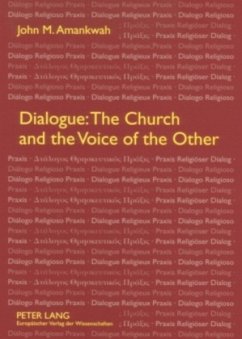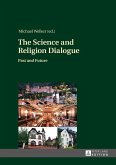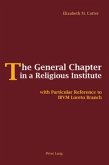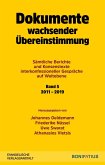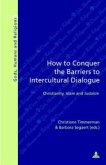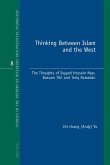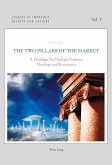This book examines the Church's communicative practices prior to the convening of the Second Vatican Council and after, focusing particularly on the Church's understanding of «dialogue». By developing the paradigm of Praxis Religious Dialogue, this book, through the dialogical philosophy of Martin Buber, the incarnational ethics of Emmanuel Levinas, and the theologico-anthropological process of cognition of Bernard Lonergan, offers a new form of dialogue for the Church. This new model of dialogue is embedded in the process of aggiornamento that served as instrumentum laboris for the Second Vatican Council's deliberations.
«Father John Amankwah provides the Church an insightful look at dialogue in the interplay of theology, philosophy, communication, and faithful responsiveness to the historical moment. This book offers a contribution of both theory and necessary conversation for the life of the Church in the meeting of challenges that diversity and difference bring us, resulting in a dialogic turning toward opportunity for the Church and care that reminds us the faith, hope, and love must reign in the dialogic meeting of this historical moment.» (Ronald C. Arnett, Ph.D., Professor and Chair, Department of Communication & Rhetorical Studies, Duquesne University, Pittsburgh, PA)
«On the whole, this is a wonderful and very insightful book that will be of immense benefit not only to members of the Church but also to all those engaged in dialogue studies, theology, religious studies and those interested in the whole issue of the church and dialogue.» (Dr. Joseph Osei-Bonsu, Bishop of Konongo-Mampong Diocese, Ghana)
«On the whole, this is a wonderful and very insightful book that will be of immense benefit not only to members of the Church but also to all those engaged in dialogue studies, theology, religious studies and those interested in the whole issue of the church and dialogue.» (Dr. Joseph Osei-Bonsu, Bishop of Konongo-Mampong Diocese, Ghana)

